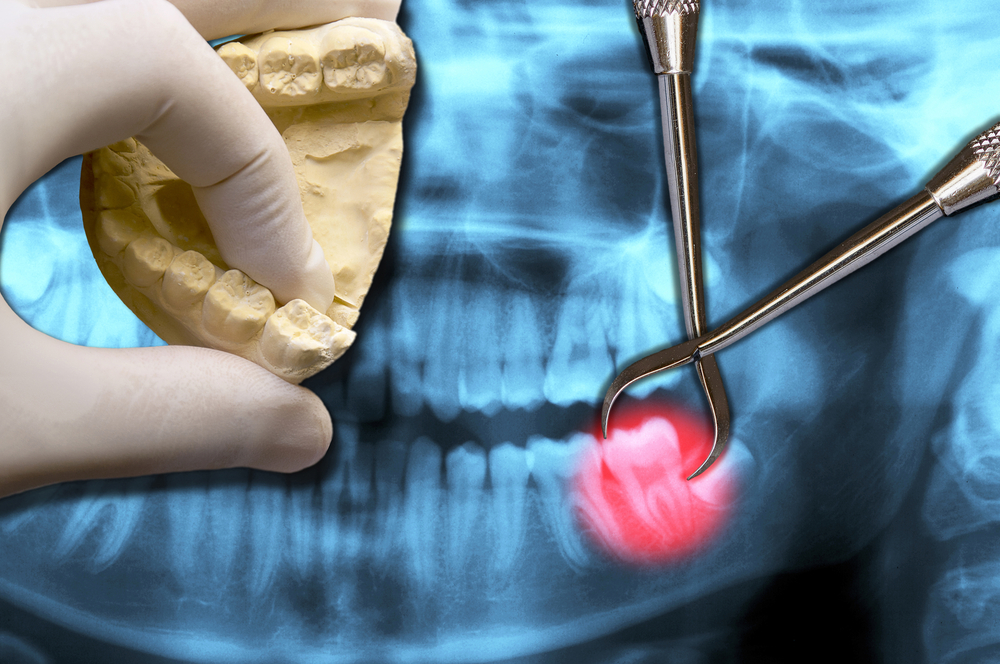Wisdom teeth are the third set of molars that people usually get in their late teens or early 20s. They’re often removed because they can cause damage to other teeth, infections, and other problems. The symptoms are excruciating pain in the site where your tooth was removed, a bad taste in your mouth, dry mouth, and unpleasant breath. If you think you might have a dry socket, call your dentist as soon as possible to discuss treatment options. Although wisdom teeth surgery is a fairly common procedure performed by dentists and oral surgeons, it still can cause anxiety.
1- Plan Ahead
Recovering from wisdom teeth surgery can take some time, so make sure to plan. Have your favorite movies, books, and other media ready to help you pass the time while you’re resting. If you have any after-school activities or play a sport, let your coach know that you’ll have to take some time off. It is also a good idea to tell your boss about the upcoming surgery to affect your work schedule.
2- Stay Home and Rest
You’ll feel groggy and tired after the procedure is over. Try to get some sleep if possible and rest as much as possible within the first 24 hours of surgery. You’ll feel stronger on day 2, but try not to do too much physical activity for at least three days following the procedure. Overexerting yourself will slow down your healing process, so avoid strenuous exercise for about a week. If you’re in discomfort, use an over-the-counter pain reliever like Tylenol or Motrin as directed on the packaging.
3- Take It Easy for the First 24 Hours after Surgery
Within the first 24 hours after surgery, it is usual to feel tired and sore. Avoid physical activity like exercising or housework during this time that could cause an increase in blood pressure or heart rate. This can result in increased bleeding, swelling, or pain. It is advisable to relax at home. You’ll likely be groggy from the anesthetic, so it is best not to attempt driving or operating machinery during this time if you have had general anesthesia.
4- Eat Soft Foods
Until you’re feeling ready to eat solid foods again, stick to soft foods or ones that are mashed.
5- Manage Your Pain
Managing your pain can make your recovery a lot easier. Your dentist or oral surgeon will probably prescribe something for you, but over-the-counter painkillers like ibuprofen can also be helpful. Don’t wait until you’re in pain before taking your pain medication — begin as soon as you get home from surgery. Also, take your pain medications regularly to stay ahead of the pain curve, and don’t allow yourself to get into a situation where the medication isn’t working anymore.
6- Applying Cold Compress
Apply cold compresses or an ice pack to your face — 20 minutes on and then 20 minutes off — for the first day after surgery. This can help reduce swelling, which often peaks about 36 hours after surgery. You may want to continue for a few days afterward if you’re still feeling sore and swollen.
7- Keep Your Head Elevated
This will help reduce swelling and can make it easier for you to breathe comfortably.

